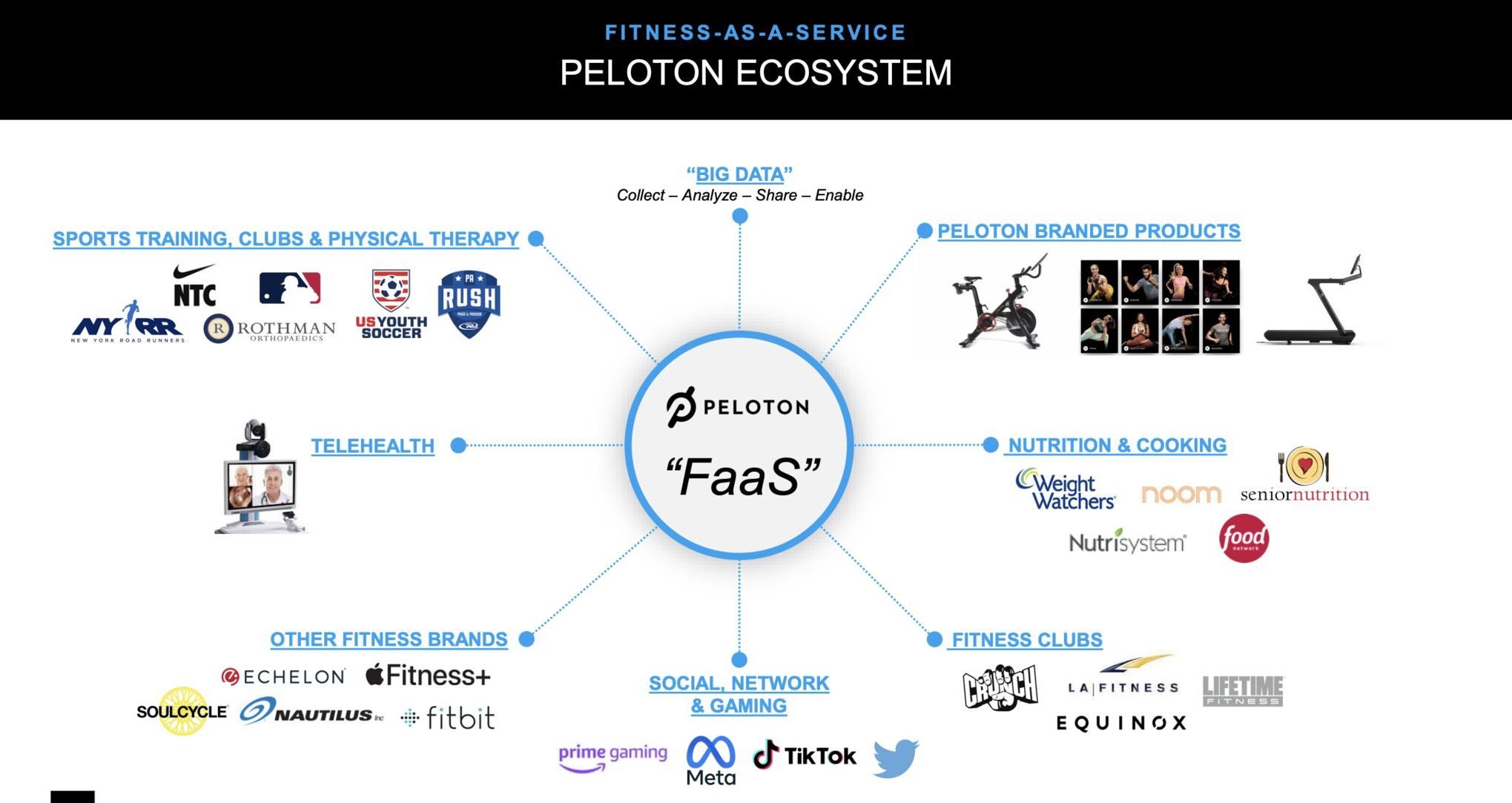Speaking of Peloton, let’s not forget that they’ve spent hundreds of millions of dollars on production studios, music licenses, and instructor talent to create a premium experience. So, when they heavily discount their app, making it free for 90-days, it’s hard to imagine fitness-seekers won’t defect from their local studios.

